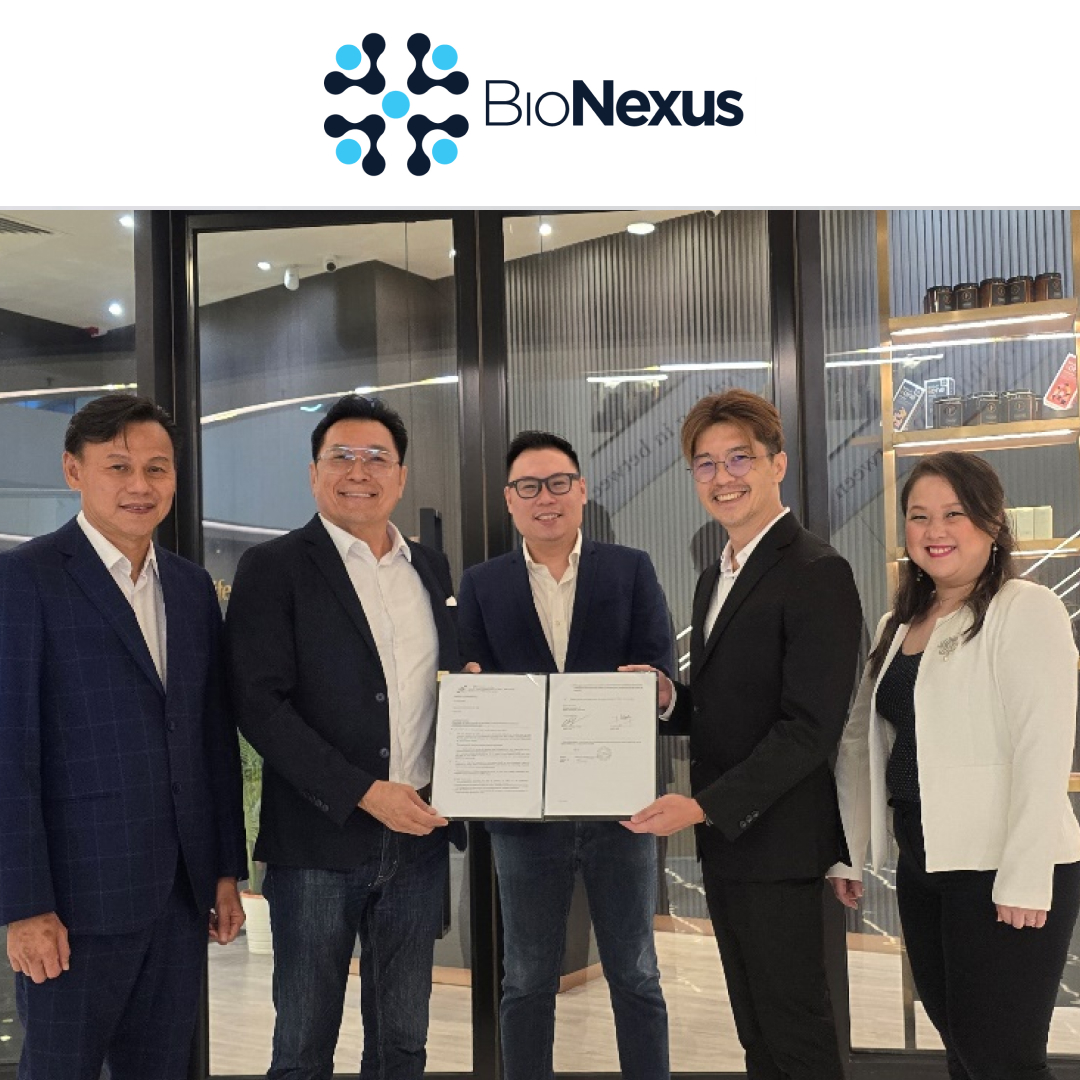Marrone has been a trailblazer in the field of biological controls, having previously founded three biologics companies in Davis, all of which were eventually acquired by larger corporations. Marrone Bio, in particular, underwent an initial public offering on the Nasdaq Stock Market and was sold last year for $236 million to Bioceres Crop Solutions Corp. (Nasdaq: BIOX) based in Rosario, Argentina, after nearly a decade.
Although Marrone retired as the CEO of Marrone Bio in 2020, she mentioned having a three-year non-compete agreement upon her departure. Despite planning for a break during this period, she found herself compelled to return to work due to the substantial tasks at hand.
In the context of her involvement with Invasive Species Corp., the company is currently in the process of developing a more cost-effective version of Zequanox, a biological control initially created by Marrone Bio. Zequanox has proven effective in eliminating invasive zebra and quagga mussels present in waterways, lakes, dams, and pipes.
Zequanox received approval from the U.S. Environmental Protection Agency (EPA) in 2012 for controlling mussels in enclosed systems like intake pipes for dams, manufacturing facilities, and golf courses. Subsequently, the EPA granted approval for open waterways in 2014.
Although Zequanox proved effective, Marrone noted its high cost. The newly established company is actively striving to reduce the expense of the treatment to enhance its viability.
Additionally, Invasive Species Corp. is engaged in developing biological controls for addressing challenges posed by invasive Asian carp and burrowing shrimp, particularly problematic for commercial oyster production. The company is also dedicated to creating biological controls for weed management, a significant goal in the realm of biological controls given the harsh nature of most chemical weed controls, which are progressively facing bans worldwide.
This week, Marrone conducted sample collection in Washington state, aiming to identify microbes that could be developed into a solution for controlling burrowing shrimp. This initiative, undertaken on behalf of Washington’s coastal shellfish farms, is part of a recently granted $388,000 fund from the Washington State Department of Agriculture.
Invasive Species Corp. was introduced in November of the previous year, with Marrone serving as its chairwoman and former Marrone Bio President Jim Boyd assuming the role of CEO. Initially consisting of just the two founders at the launch, the company has now expanded to a team of seven, inclusive of three scientists alongside Marrone.
Operating in a virtual capacity, the company utilizes research laboratory space in the UC Davis-HM.Clause Life Science Innovation Center located south of Davis. Marrone emphasized that the company, currently small in size, is prudent about its expenditures and is not actively seeking permanent office space at this time.








Leave a Reply